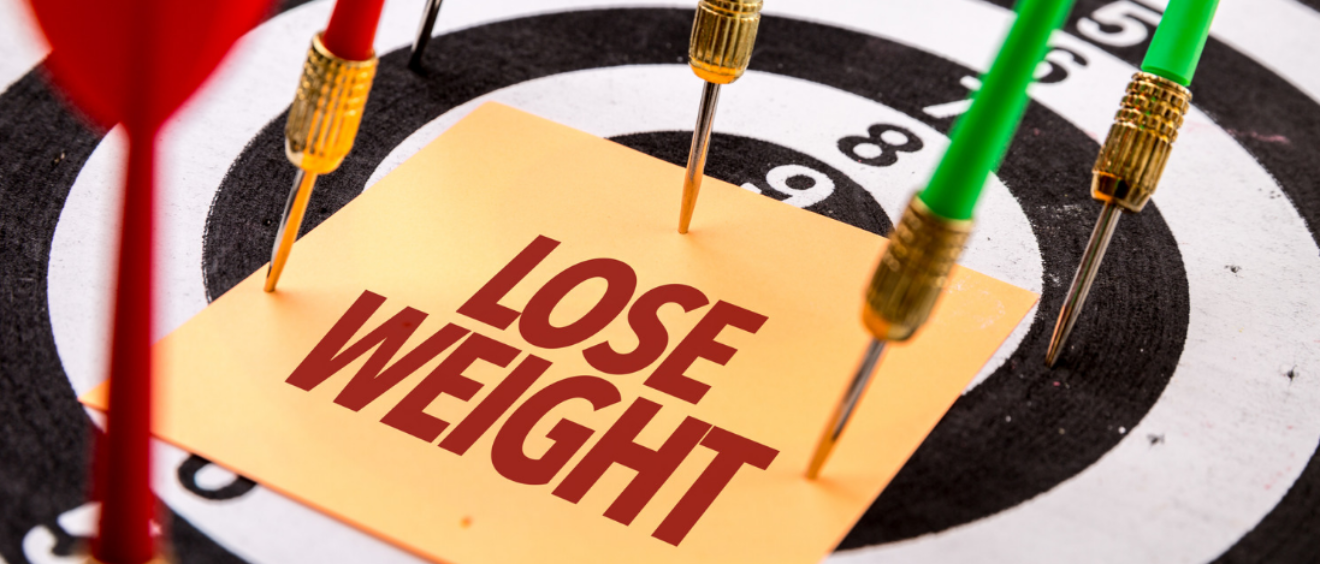
Why am I not losing weight?!
A lot of women don’t have an accurate picture of what “enough” food really is, especially when trying to lose weight. A big reason for women not losing the weight they desire is because of undereating.
There’s this ongoing myth that women should not eat more than 1200 calories a day. This makes little sense when you consider the wide variety of body sizes and goals among different women. You might have also heard the saying “calories in vs calories out” or “energy in vs energy out”. This is a very simplified equation of how to lose weight. Meaning what food, we put in our body vs how much we burn.
Our energy expenditure is made up of 4 elements:
- BMR: Basic metabolic rate – how much energy we use just doing daily bodily functions.
- NEAT: Non-exercise activity thermogenesis – How much energy we expend doing daily activity (eg. Daily steps, playing with the kids).
- TER: Thermic effect of food – How much we burn from digesting food.
- PA: Physical activity – Planned bouts of exercise eg. gym sessions, planned walks, etc.
We often make the mistake of believing that it’s easy to calculate the calories “in” (what we eat) and the calories “out” (what we expend). We think “If I burn all these extra calories working out, and eat much less, I’ll easily burn fat”. In reality, eating too little can instead hinder fat loss, strength gain as well as energy levels, and overall health.
Undereating may be hindering your progress, whether that is weight loss, or increasing your muscle strength or size. It can also diminish your power in training sessions. Our body is an adaptable machine – it wants to feel “safe”, with survival as its top priority, it is constantly regulating how it responds to its environment. So, to conserve energy and direct calories to essential functions for survival, your body will resort to burning fewer calories, even as you’re exercising regularly and intensely.
When calories are scarce, your body will prioritize essential functions such as regulating your body temp and blood pressure over other functions like rebuilding muscle tissue.
Undereating can also affect your recovery, which is just as important as the training itself. When you exercise especially with weights, you’re breaking down muscle tissue, and without adequate calories and protein intake, your muscles won’t have the materials it needs to rebuild. Your body may also turn to protein already in your muscles for the fuel it needs. Remember that if you have more muscle mass, you not only are fitter, faster, stronger and look good you also have a higher BMR (resting metabolism). Undereating can also lead to disturbed sleep and getting good quality sleep is essential for recovery after a tough training session. Poor sleep can lead to fat retention.
If fat loss is your main goal, then the main thing that matters is being in a sustainable calorie deficit. You eat slightly less than you burn, and your body will tap into stored body fat for the extra calories. For best results aim for a few hundred calories – 300 to 500 max below your estimated needs, about 10 – 20% max.
To stay in a calorie deficit more easily, focus on eating lots of Protein (meat, fish, poultry, eggs) Try and get your carbs from sources like sweet potatoes, potatoes, rice, and beans and fill your plate with non-starchy veggies, and leafy greens to help you feel fuller for longer.
“Fitness HQ is a boutique 24 hour womens gym on the North Shore in Albany. We offer a huge range of Group Fitness classes as well as a full service 24 hour gym”
